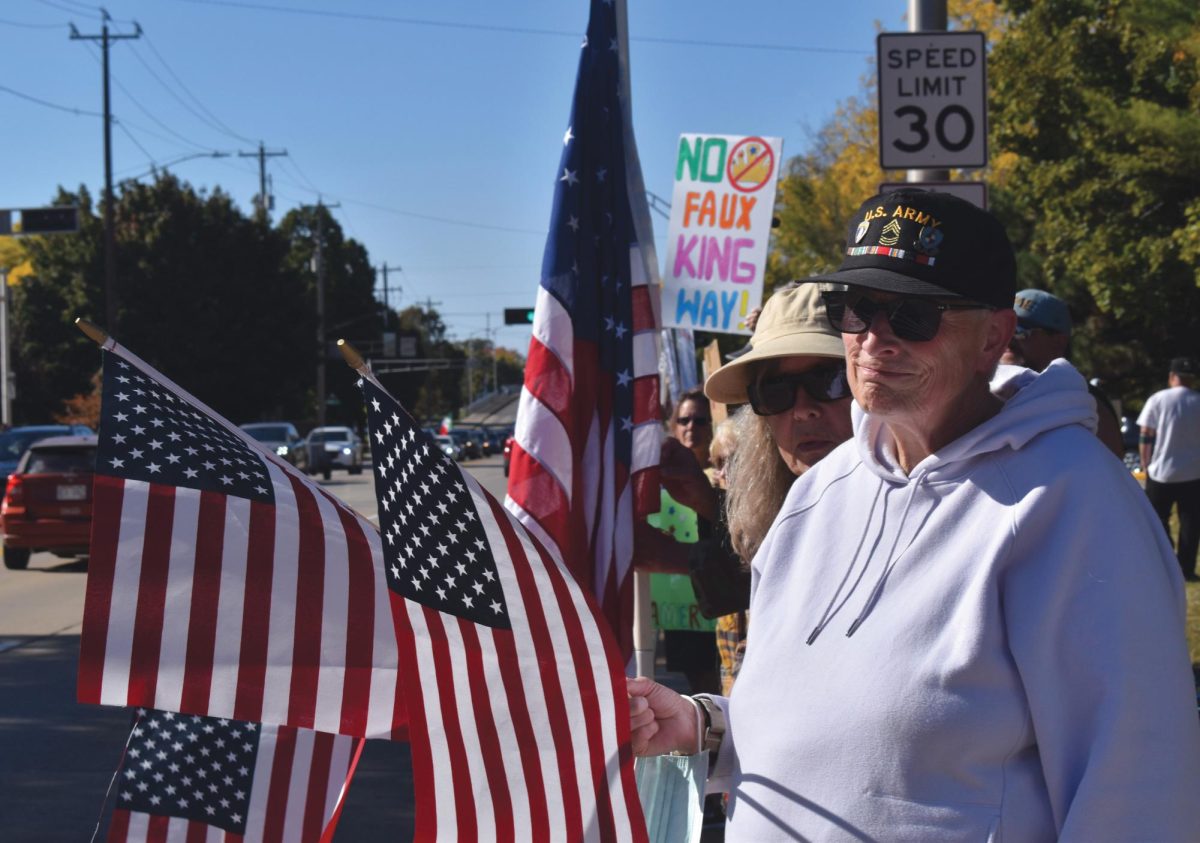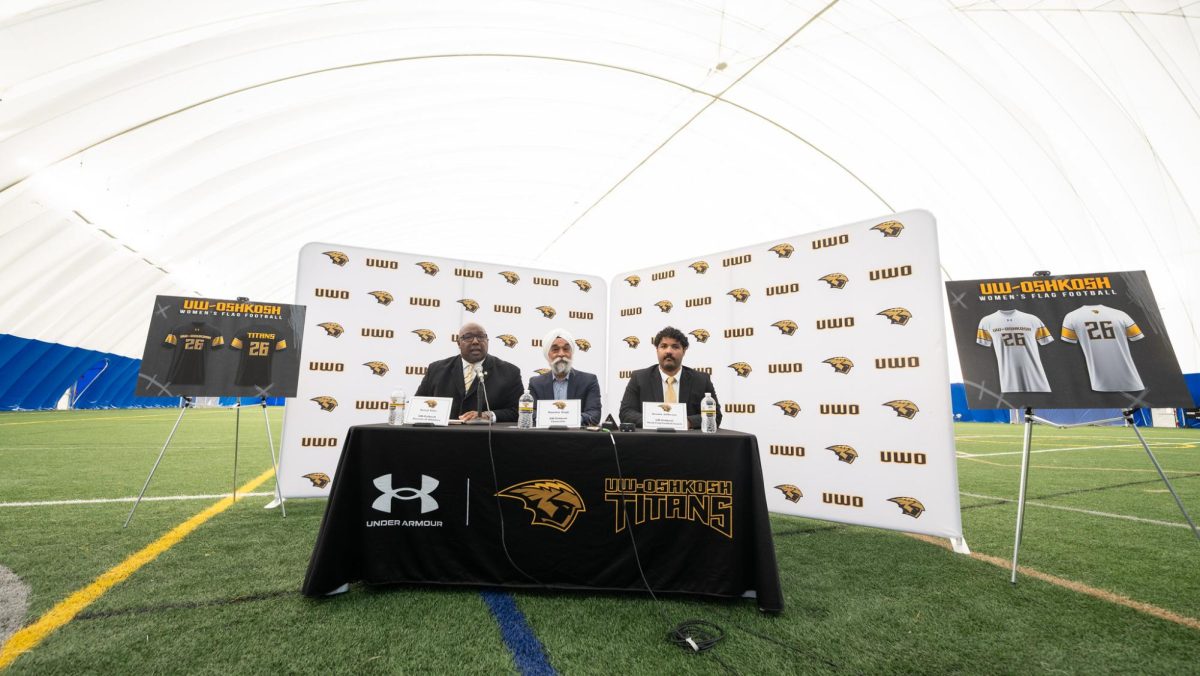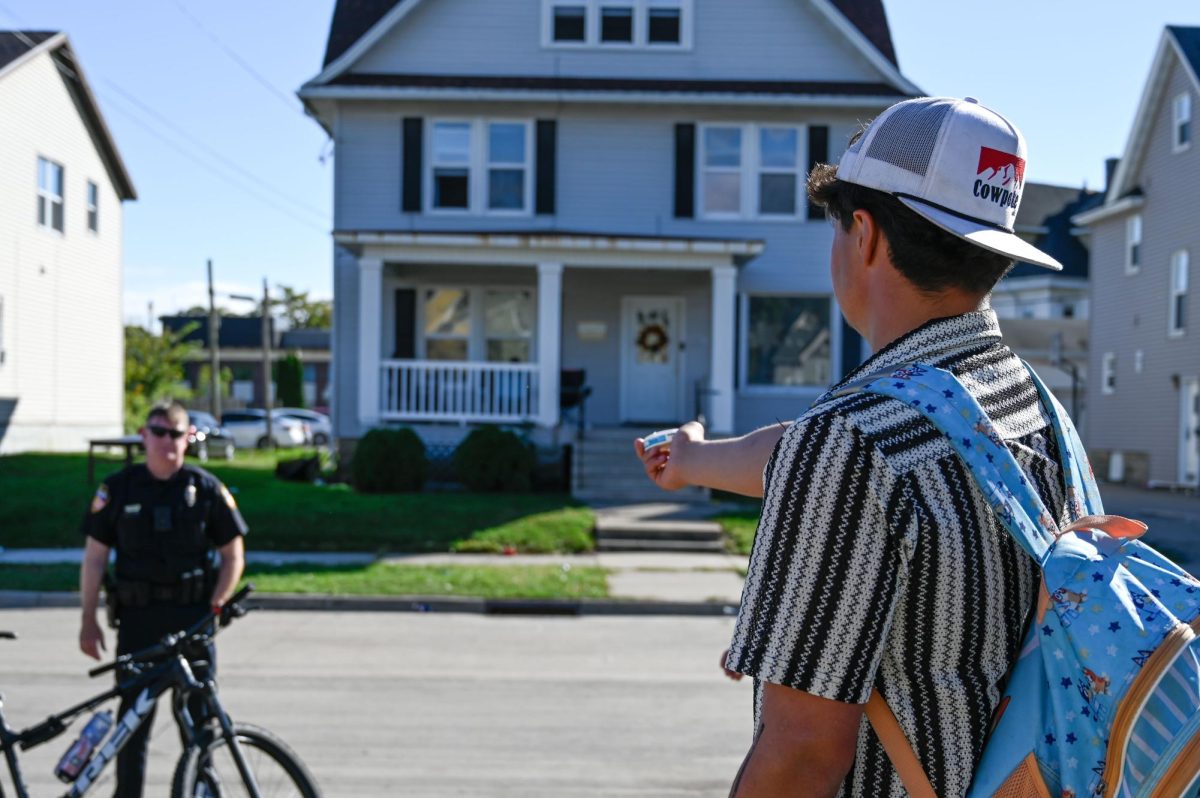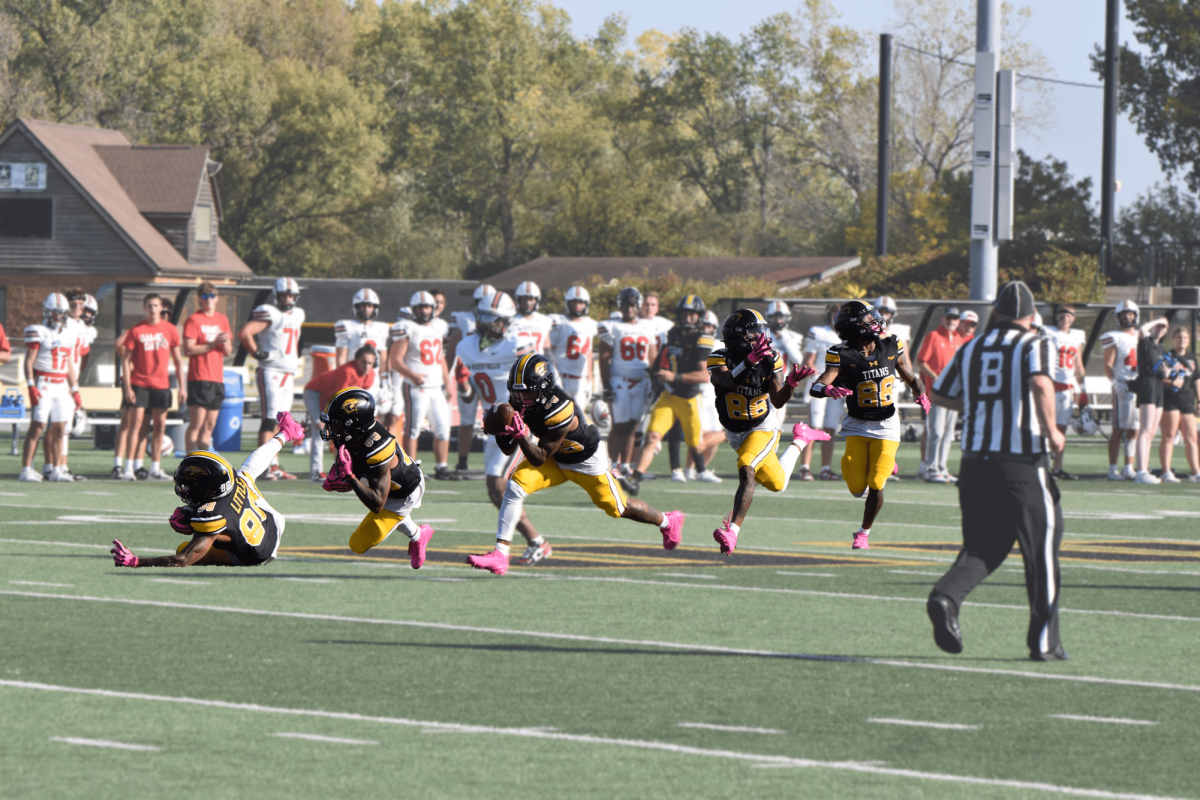Former Chancellor Richard Wells did not violate the state constitution or exceed his authority when he moved money to the University of Wisconsin Oshkosh Foundation, his lawyer argued in a Wednesday court filing.
“Wells did not convert or conspire to convert or misappropriate any funds of the UW-Oshkosh, the UWS or the State of Wisconsin,” the document stated.
Wells and former Vice Chancellor Thomas Sonnleitner are accused of illegally transferring more than $11 million in funds between the University and the UWO Foundation. The funds were used to finance five projects, including two biodigesters and the Alumni Welcome and Conference Center.
They are also accused of signing comfort letters that bind the University to cover any debt on these projects if the Foundation defaulted, the UWS stated in a Jan. 19 lawsuit.
Wells’ lawyer Raymond Dall’Osto said in February that Wells and Sonnleitner have done their best to improve UWO.
Wells stated in the document he did not violate the Constitution of the State of Wisconsin.
In the document, Wells stated that he had a wide array of powers granted to him as chancellor.
“[The Board of Regents] shall delegate to each chancellor the necessary authority for the administration and operation of the institution within policies and guidelines established by the board,” the document said the state statute reads.
Wells said he was acting within the scope of his employment.
“Wells’ actions as Chancellor and chief administrative officer of UW-Oshkosh…were undertaken with actual authority derived from the Board, the relevant statutes, administrative code provisions, policies, practices and procedures of the [UWS], the doctrine of agency and the common law,” the document stated.
In the document, Wells stated some matters were presented time to time to members of the Board of Regents and the UWS vice president for finance, who also served on the University of Wisconsin Oshkosh Foundation board.
“The Vice-President of Finance and members of the Board regularly interacted with Wells, and on some occasions, members of the Foundation board were aware of the various projects and initiatives being collaboratively pursued by UW-Oshkosh and the Foundation,” the document stated.
According to the document, Wells’ actions “were ratified and tolerated by the Board.”
Wells said in the document he was not aware of any UWS best practices or guidelines for dealing with foundations, and said he wasn’t provided training on doing so.
“The UWS did not have in place a clear, concise set of rules, best practices, guidelines and policies for university and affiliated foundation collaboration on projects and initiatives, which were applicable to UW-Oshkosh, nor were such made known to Wells,” the document stated.
The document stated while the UWS has provided some guidelines for the UW-Madison Foundation, those guidelines haven’t been laid out for other UWS schools.
“There appear to have been no formal, detailed state-wide guidelines for UWS chancellors in the time period when Wells served as chancellor,” Wells said in the document.
According to the document, the comfort letters were not guarantees, as alleged in the board’s complaint and are not legally enforceable against the state of Wisconsin.
“A comfort instrument is normally given by a “third party” to assure a party to a transaction regarding some element of value or credit,” the document said, stating case law. “They are generally viewed as not creating any legally enforceable obligations.”













